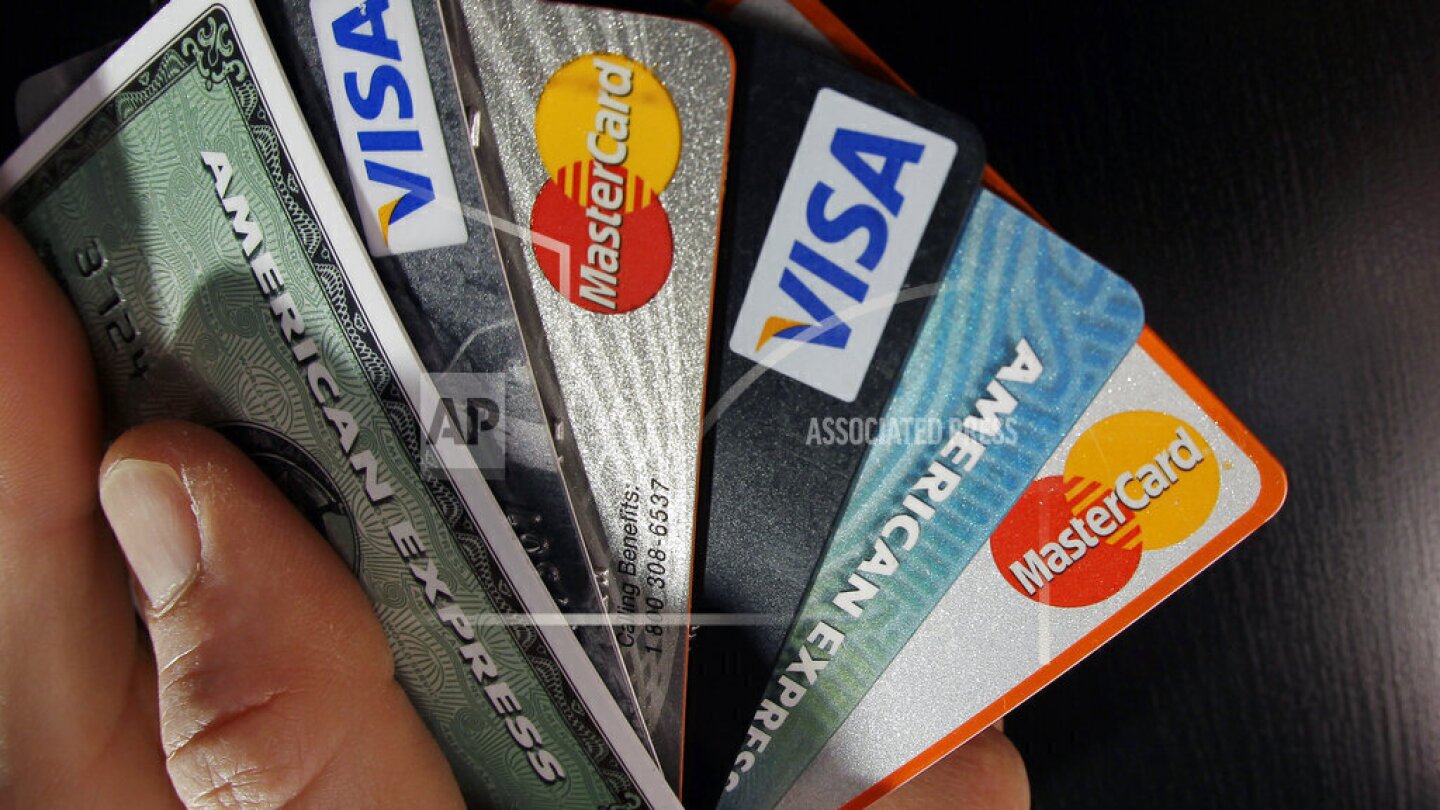The cost to overdraw a bank account could drop to as little as $3 under a proposal announced by the White House, the latest effort by the Biden administration to combat fees it says pose an unnecessary burden on American consumers, particularly those living paycheck to paycheck.
The change could potentially eliminate billions of dollars in fee revenue for the nation’s biggest banks, which were gearing up for a battle even before Wednesday’s announcement. Exactly how much revenue depends on which version of the new regulation is adopted.
Banks charge a customer an overdraft fee if their bank account balance falls below zero. Overdraft started as a courtesy offered to some customers when paper checks used to take days to clear, but proliferated thanks to the growing popularity of debit cards.



Would be insanely risky to process a day’s worth of transactions offline, precisely because of the risk that transactions would bounce. Hell, the whole reason credit cards exist is to defer this risk. Businesses pay 2-3% of the transaction value to avoid this risk.
Not particularly risky. I mean, they did it all the time back in the day, with both cards and checks. You had all the information you needed to send the buyer to collections, and/or make a criminal complaint.
Writing a bounced check is incredibly easy, and a big reason why lots of businesses refused to accept checks even at the height of their popularity.
Same with early credit cards.